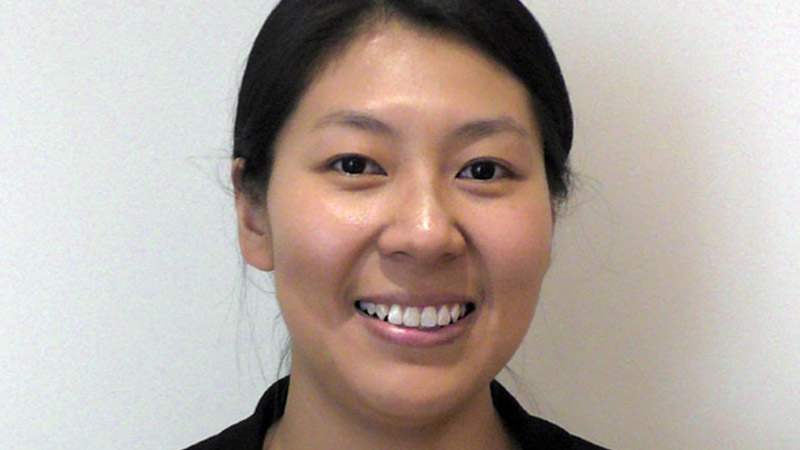SMSFs warned on traps from legal processes after death of the last trustee
SMSFs have been warned of various risks that can arise following the legal process when a last surviving trustee of the fund dies.
In a recent Townsend Lawyers technical update, solicitor Elizabeth Wang said that when the last surviving trustee of an SMSF dies, funds will need to be vigilant in preparing for issues that may arise out of the ensuing legal processes to avoid unnecessary risks.
In an example, consider Mary being the sole individual trustee of her trust has recently passed away. Her daughter Sarah is her executor.
Because Mary was the sole individual trustee of the trust, Ms Wang noted this raises the issue of whether the trust has automatically vested on her death. If the trust has vested, this could be very unfavourable from a tax and transfer duty point of view. Vesting will occur if any of the three basic elements of a trust is absent.
The essential elements which give rise to a trust relationship is the legal ownership of the trust property which is held by and in the name of the trustee, that the trustee holds the trust property on behalf of and for the benefit of a beneficiary, according to Ms Wang. Furthermore, the trustee has personal duties in respect of the property and breach of those duties can make the trustee personally liable to that beneficiary and sometimes others.
As a result, it boils down to whether or not there is a trustee of the trust following Mary’s death, and if so, who.
“The first place to look is the trust deed that set up the trust or that now regulates the trust. Most trust deeds contain provisions that set out the change of trustee process and how to deal with the death of a trustee particularly where the last surviving trustee has died,” Ms Wang said.
“Depending on the provisions of the trust deed, the power to appoint a replacement trustee where the last surviving trustee has died may lie with the so-called ‘appointor’ of the trust.
“But if that ‘appointor’ is not able or willing to exercise their power of appointment to appoint a replacement trustee, we move to the next two possibilities.”
The second place to look is the will of the deceased. Ms Wang noted that trust deeds often permit the trustee to appoint their successor in their will. In this case, Mary may already have done that.
The third place to look is the local state or territory trustee act. In NSW, the power to appoint a new trustee may be exercised by the executor or the administrator of the last surviving trustee’s will under s.6 of the NSW Trustee Act. Ms Wang noted there are likely equivalent sections in other states and territories.
“As Mary has passed away, a replacement trustee will need to be appointed as trustee of Mary’s trust as soon as practicable, as any assets of Mary’s trust will not form part of Mary’s estate nor can they be dealt with by her will,” Ms Wang explained.
“Instead, the assets of Mary’s trust must be transferred from her as a deceased trustee to the replacement trustee.
“In Mary’s case, Sarah is Mary’s legal representative (executor) and is willing and able to act as a trustee. Under the Trustee Act, Sarah may appoint herself as a trustee; however, for Sarah’s appointment to be effective and valid, the appointment should be made under a deed and the deed must be registered on the NSW General Register.
“This means that Sarah is permitted to deal with the assets of the trust which may be transferred from the deceased trustee to herself as the new trustee of the trust.”
Ms Wang advised that special care needs to be taken when transferring the assets of the trust from the deceased trustee to the new trustee to avoid transfer duty.
“Sarah must also be mindful of the anti-avoidance section 54(3) of the Duties Act 1997 (NSW) which may inadvertently catch the transfer,” she continued.
“If, on the other hand, Mary was the sole director of the corporate trustee of her trust, then the passing away of Mary as the sole director is not necessarily cause for alarm, as the corporate trustee will continue.
“Generally, the shareholders of a company have the power to appoint a new director. Where matters can get tricky is if Mary was also the sole shareholder of the corporate trustee. In such cases, s.201F of the Corporations Act permits Mary’s executor or administrator to appoint the new director of the company, including themselves.”

Tony Zhang
Tony Zhang is a journalist at Accountants Daily, which is the leading source of news, strategy and educational content for professionals working in the accounting sector.
Since joining the Momentum Media team in 2020, Tony has written for a range of its publications including Lawyers Weekly, Adviser Innovation, ifa and SMSF Adviser. He has been full-time on Accountants Daily since September 2021.








